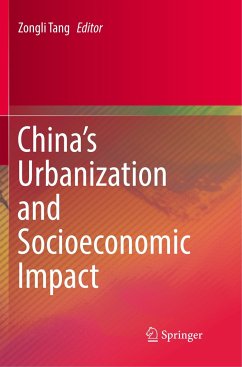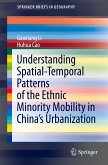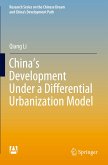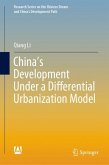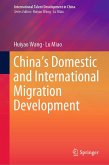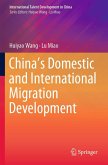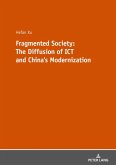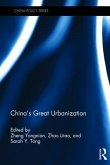This book examines the impacts of China's urbanization on the country's economic development, clan culture, rural societies, minority resident areas, natural environment, women, and public policy reforms, drawing on official statistics, independent survey data, archives, and fieldwork research to do so. Adopting a cross-disciplinary perspective, the book places special emphasis on issues that have been neglected in prior studies, and provides up-to-date information, reports, and analyses based on the latest events. Further, it considers future directions and strategies regarding urban development, discusses regional urbanization in selected poor and "backward" western provinces, analyzes changes in traditional clan culture brought on by urbanization, and explores evolutions in local clan societies in the Qin and Han Dynasties when cities expanded and business flourished. Lastly, the book examines the effects of infrastructure-related determinants on urban expansion rates and urban land prices, demonstrates the ebbs and flows of public opinion regarding various environmental issues, discusses planned real estate tax reform, and assesses the impact of demographic and socioeconomic changes on young unmarried women.
Bitte wählen Sie Ihr Anliegen aus.
Rechnungen
Retourenschein anfordern
Bestellstatus
Storno

